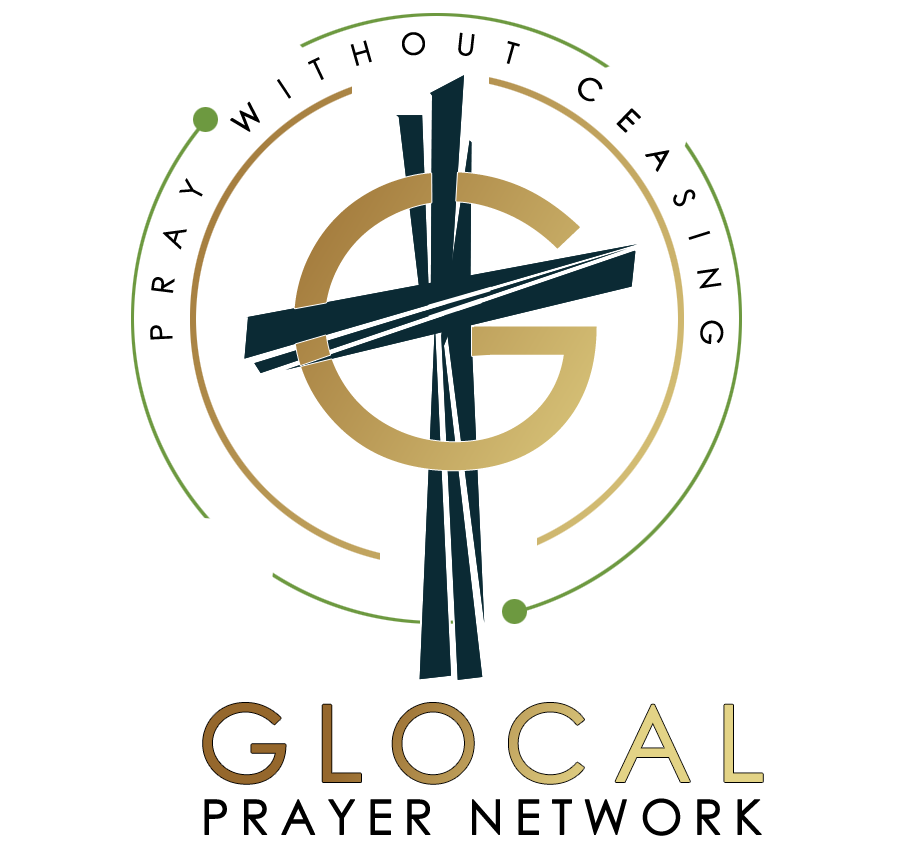
Why Pray Together
What does the Bible tell us about praying together
The Bible emphasizes the importance and power of praying together as a community of believers. Here are several passages that highlight this concept:
Matthew 18:19-20 “Again, truly I tell you that if two of you on earth agree about anything they ask for, it will be done for them by my Father in heaven. For where two or three gather in my name, there am I with them.”
This verse underscores the power of collective prayer and the presence of Jesus among believers who come together in His name.
Acts 1:14 “They all joined together constantly in prayer, along with the women and Mary the mother of Jesus, and with his brothers.”
The early Christians are depicted as being united in prayer, highlighting the importance of communal prayer in the life of the early church.
Acts 2:42 “They devoted themselves to the apostles’ teaching and to fellowship, to the breaking of bread and to prayer.”
Prayer is one of the foundational practices of the early church, along with teaching and fellowship.
James 5:16 “Therefore confess your sins to each other and pray for each other so that you may be healed. The prayer of a righteous person is powerful and effective.”
This verse emphasizes the healing and transformative power of collective prayer among believers.
1 Timothy 2:1-2 “I urge, then, first of all, that petitions, prayers, intercession and thanksgiving be made for all people— for kings and all those in authority, that we may live peaceful and quiet lives in all godliness and holiness.”
Here, the Apostle Paul encourages Timothy to offer prayers for everyone, highlighting the universal and inclusive nature of prayer.
Ephesians 6:18 “And pray in the Spirit on all occasions with all kinds of prayers and requests. With this in mind, be alert and always keep on praying for all the Lord’s people.”
Paul encourages believers to pray continuously and inclusively for all members of the community of faith.
These passages demonstrate that praying together is not only a powerful spiritual practice but also a means of building community, fostering unity, and supporting one another in faith. It reflects the interconnectedness of believers and the importance of collective worship and supplication before God.
